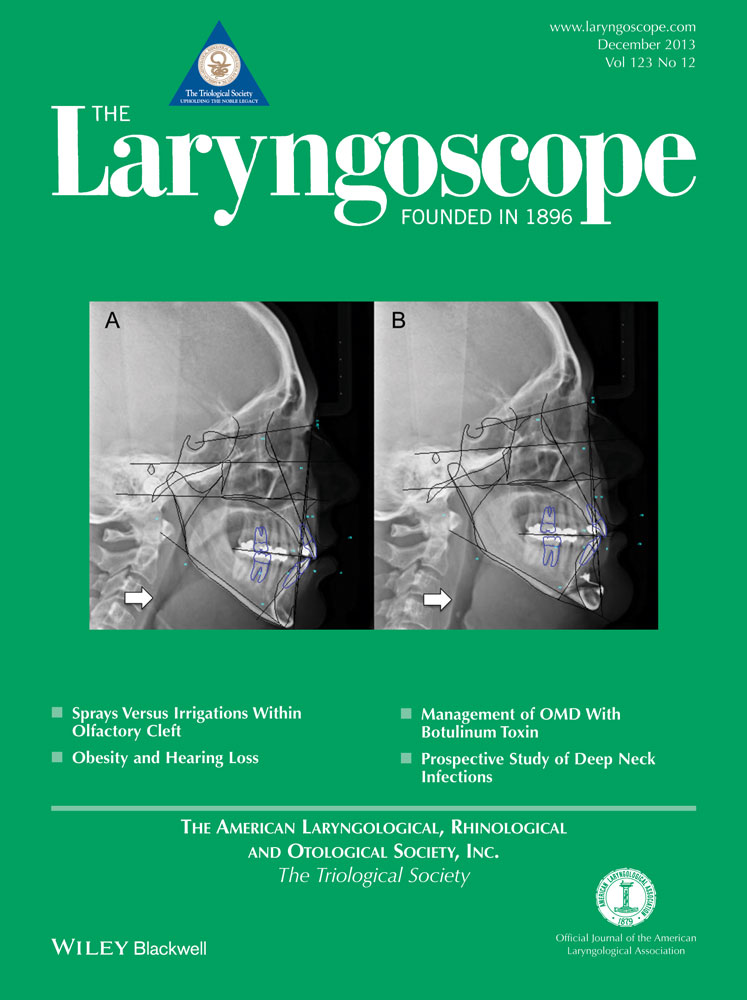Bilateral sequential adult cochlear implantation: Who should receive priority in the context of a constrained health care system?
Presented at Combined Otolaryngology Spring Meetings (COSM) in San Diego, CA, April 18-22, 2012.
The work was mainly undertaken at Sunnybrook Health Sciences, University of Toronto, Toronto Canada, and involved people with bioethics training from across Canada. The authors have no funding, financial relationships, or conflicts of interest to report.
Abstract
Resource allocation decisions have become increasingly necessary as the cost of health care habitually increases. Bilateral (second side) adult cochlear implantation (CI) is an example of a novel technology with accruing evidence of benefit, yet expense has limited universal employ. Currently at our centers, bilateral implantation is only provided under research protocol. In this article, we discuss the need for a principled approach concerning the distribution of a second device, both during this period of investigation and if ultimately an insured service. Allocation strategies, while extensively addressed in some arenas, have yet to be developed for second-side sequential adult CI. We advocate that physicians must assume an explicit role when both caring for individual patients as well as administering health care programs. We review social justice theories that inform resource allocation macrodecisions, and include a defence of age-based considerations. Our approach to patient selection for adult second-side CI sequentially considers clinical criteria (directly addressed in the article), a willingness to participate in rigorous research, and a 65 year cut-off. Ultimately, we employ random blinded selection for allocating bilateral CI among the remaining similarly situated individuals. This approach functions impartially and in a manner that is transparent for both patient and physician. Laryngoscope, 123:3137–3140, 2013




